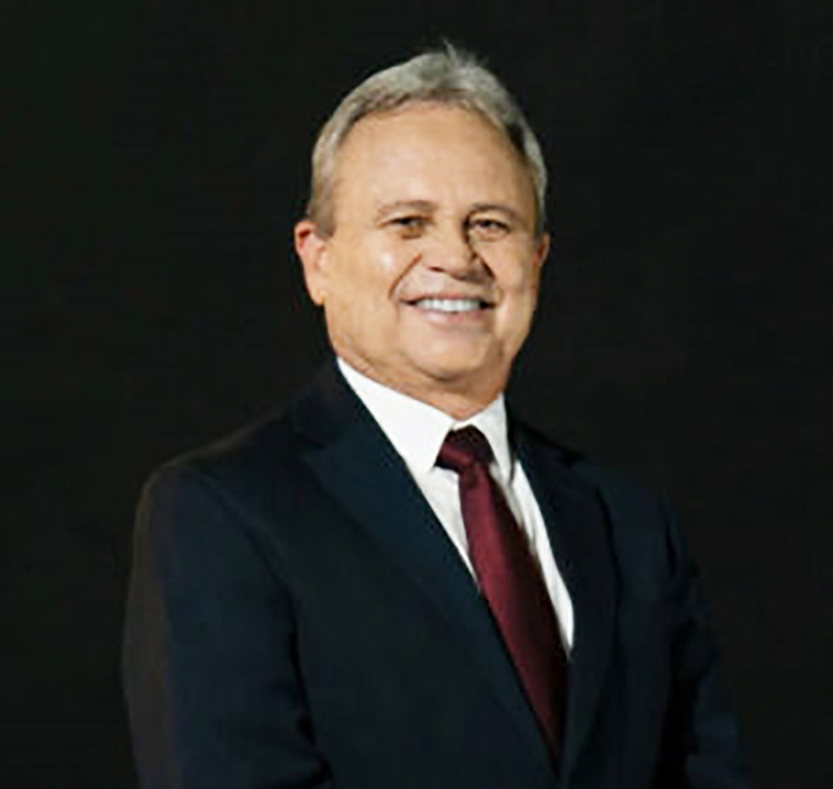Guyanese Public Servants are by no means unique in their view salary levels afforded them by government and frequently fall short of the cost of living; State employees in sister CARICOM country Trinidad and Tobago would appear to be bedfellows in that regard.
A story published in last Saturday’s issue of the Trinidad Guardian would appear to have telegraphed the intention of Public Servants to reject the state’s offer of a 4 per cent salary increase according to a report published in last Saturday’s issue of the Trinidad Guardian.
The rejection of the state’s offer, according to The Guardian report states that accepting the Government’s 4 per cent offer for some public servants is not an option,” the pronouncement coming in the wake of what The Guardian report describes a circumstance in which “increasing inflation and economic climate will erode workers’ purchasing power.”
Caribbean Public Servants, generally, benefitting on the whole, from less generous wages and salaries than private sector workers in comparable positions, have grown used to encounters with the state on the issue of emoluments.
Last Saturday’s Guardian report alludes to to a 2022 refusal by some Public Servants to accept a 4% salary increase offer made by the country’s Finance Miniter Colm Imbert offered 4 per cent wage settlement to the public sector trade unions for the period 2014-2019. Those Public Servants reportedly showed their rejection of the offer “through protest.” Many of the public servants did not accept the offer, showing their rejection of it through protest and positing that rather than the 4% offered “they deserved between 8 to 10 per cent,” according to The Guardian report.
With Public Servants in Trinidad and Tobago unionized under various Trade Unions it is not uncommon for some Unions to accept official offers and for others to reject those offers. The Guardian report indicates that the 2022 official offer was accepted, first while other public sector unions had followed.
This time around, according to The Guardian report “the Unions that have accepted are the Police Social and Welfare Association (PSWA), Prison Officer Association, Trinidad and Tobago Unified Teachers’ Association (TTUTA) and Fire Service Association.” While “the Public Services Association (PSA), National Union of Government and Federated Workers (NUGFW), and Contractors and General Workers Trade Union (CGWTU) stood their ground and are yet to accept the four per cent offer.”
The Guardian reports that the PSA” which represents over 18,000 public servants has since taken the matter to court. It says that the country’s Finance Minister has responded to the 2022 request for salary increases by stating that “the additional annual recurrent cost of the Government’s offer was approximately $500 million, and if it was extended to the wider state sector, the extra cost would almost double to approximately $1 billion per year,” according to The Guardian report. The newspaper report says that interviews conducted with “five public servants” yielded differing views on whether the prevailing 4% pay increase should be accepted.
Here in Guyana protracted ‘battles’ between the Government of Guyana and the Guyana Public Service Union (GPSU) over wages and salaries have led to a near complete breakdown in communication between the Union and government leading to a circumstance in which salary increases are announced and disbursed by government annually with no meaningful input from the Guyana Public Service Union (GPSU) the single largest Union representing Public Servants in Guyana.








